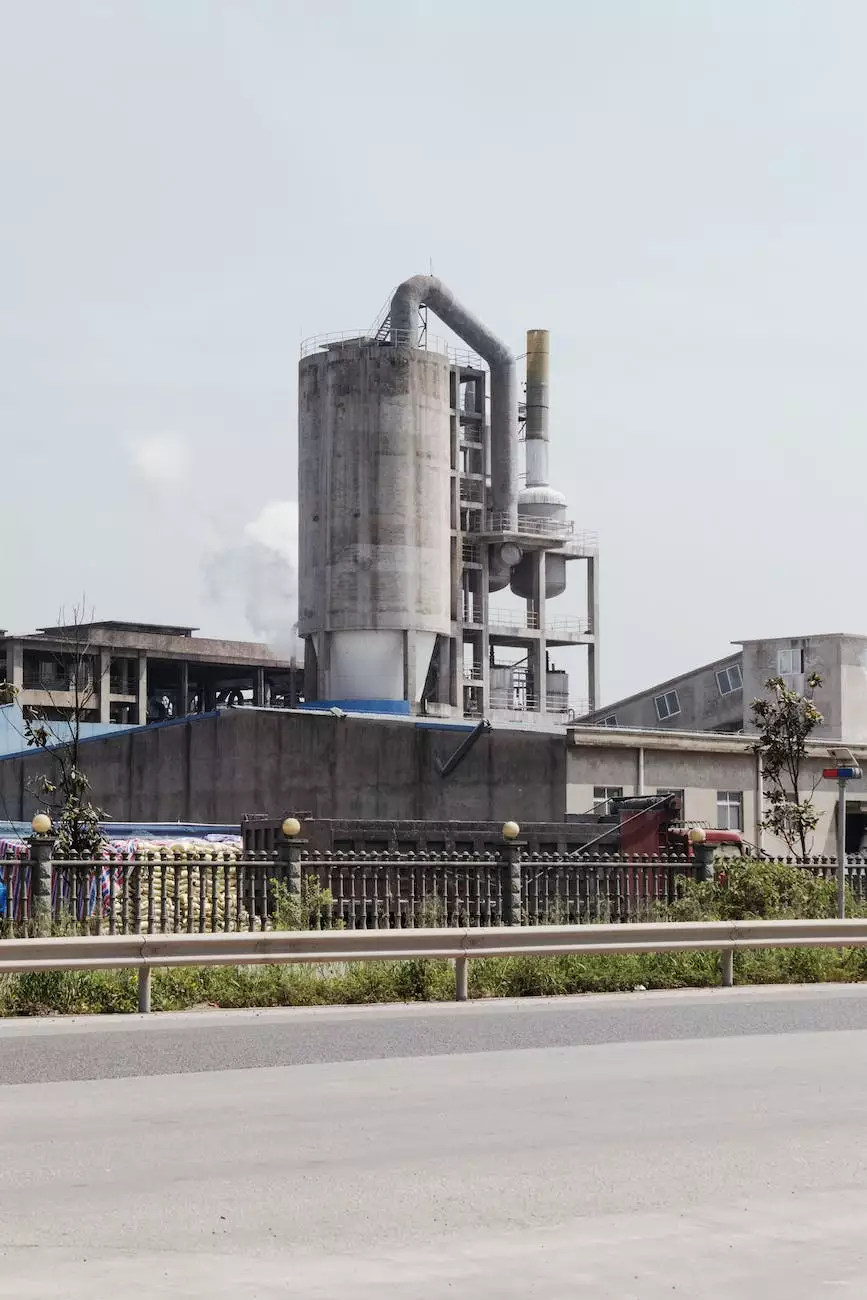Are Meta Descriptions A Ranking Factor?

Introduction
Welcome to 881 Marketing, your go-to resource for digital marketing insights in the business and consumer services industry. In this article, we will delve into the world of meta descriptions and their impact on search engine rankings.
Understanding Meta Descriptions
Meta descriptions are short snippets of text that provide a concise summary of a web page's content. They appear in search engine results as the preview text below the page title. While meta descriptions don't directly affect search engine rankings, they play a crucial role in driving click-through rates (CTR) and influencing user behavior.
Meta Descriptions and Click-Through Rates
When search engine users see a compelling meta description, they are more likely to click on the search result. Crafting descriptive and enticing meta descriptions can significantly improve your CTR, driving more organic traffic to your website. This ultimately contributes to improved visibility and potential conversions.
Optimizing Meta Descriptions for SEO
To ensure your meta descriptions effectively engage users and potentially contribute to higher rankings, consider the following tips:
- 1. Be Concise: Keep your meta descriptions brief, ideally between 120 to 155 characters. This allows search engines to display the entire description while maintaining user interest.
- 2. Include Relevant Keywords: Incorporate relevant keywords into your meta descriptions to enhance their relevance to search queries. However, avoid keyword stuffing as it can negatively impact user experience.
- 3. Unique Descriptions: Craft unique meta descriptions for each page, highlighting its specific content and enticing users with a unique value proposition.
- 4. Compelling and Action-oriented: Write compelling meta descriptions that entice users to click through. Incorporate a call-to-action or highlight a key benefit to encourage engagement.
- 5. Maintain Consistency: Align your meta description with the content of the page to ensure a seamless user experience. Misleading or mismatched descriptions can lead to high bounce rates and loss of credibility.
The Indirect Impact on SEO
While meta descriptions themselves may not directly influence search engine rankings, they indirectly contribute to various factors that impact SEO.
User Engagement Signals
When users find your meta description relevant and compelling, they are more likely to visit your website and engage with its content. These positive user engagement signals, such as longer time on site and lower bounce rates, indicate to search engines that your page provides value to users. As a result, search engines may interpret these signals as an indication of quality, impacting your search rankings.
Social Media Amplification
Well-crafted meta descriptions can also increase the chances of your content being shared on social media platforms. When users share your content, it gains more exposure and potential backlinks, both of which are important ranking factors. By optimizing your meta descriptions, you enhance the shareability and amplification potential of your content.
Conclusion
In conclusion, while meta descriptions may not be a direct ranking factor, they play a vital role in improving click-through rates, user engagement, and indirectly impacting search engine rankings. By crafting compelling and relevant meta descriptions, you can enhance your website's visibility and generate more organic traffic. At 881 Marketing, we understand the importance of optimizing meta descriptions and can help you implement effective SEO strategies to improve your overall online presence.
For more information about our digital marketing services, please visit our website or contact us directly. Stay tuned for more insightful articles from 881 Marketing!










